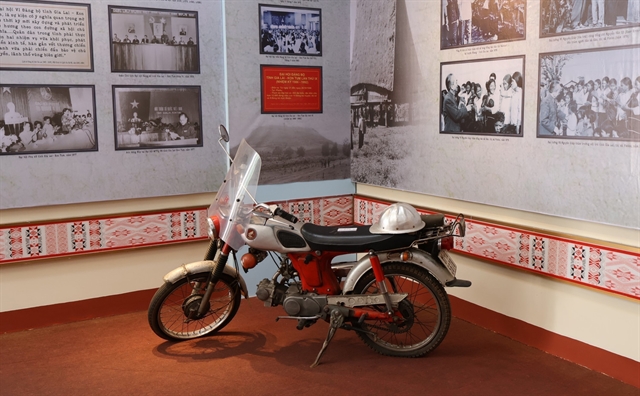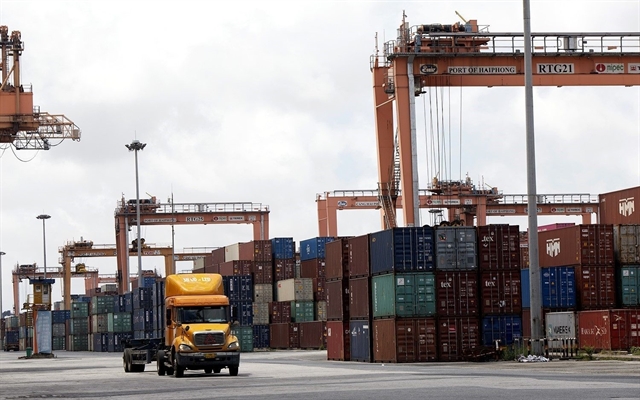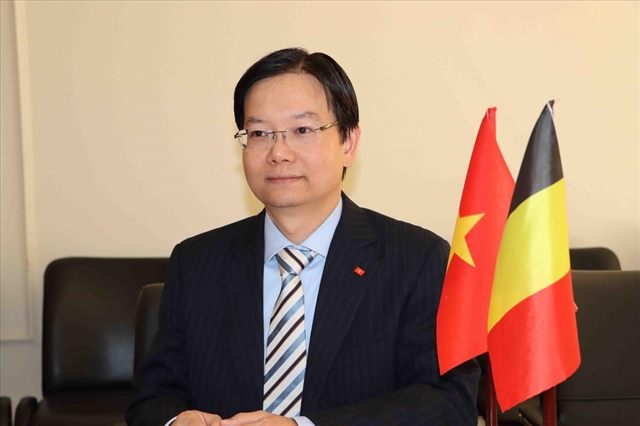 Economy
Economy
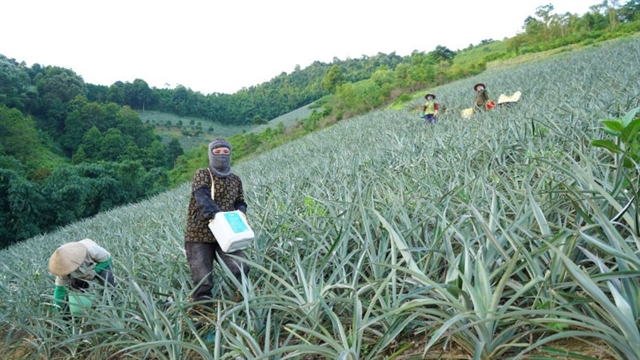
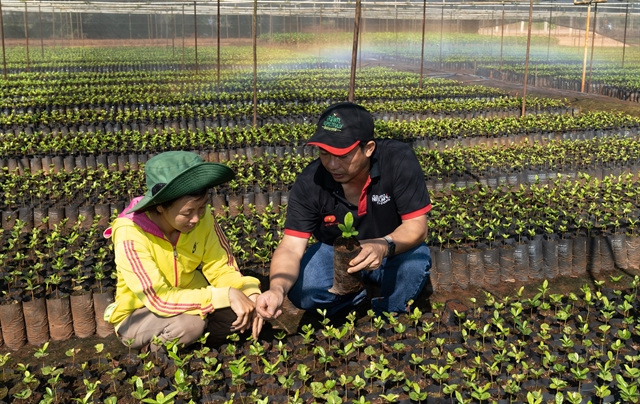 |
| Nestlé Việt Nam provides high quality seeding to farmers in the Nescafé Plan programme deployed in the Central Highlands provinces. Photo courtesy of the firm |
HÀ NỘI Nestlé (with a brand value up 8 per cent to US$22.4 billion) has once again earned the title of the world’s most valuable food brand, according to a new report from leading brand valuation consultancy, Brand Finance.
Nestle's brand value has steadily increased this year due to strong sales growth across its extensive and varied brand portfolio.
Nestle' also has the highest sustainability perceptions value at $1.35 billion. In Việt Nam, the company is implementing many initiatives to help reduce emissions throughout the entire value chain, contributing to the transformation of a sustainable, regenerative food system, improving people's livelihoods, and life quality of the community.
As the world's leading food corporation, Nestlé is working to promote the transition to a regenerative food system through co-operation with farmers, suppliers, retailers and customers. In Việt Nam, Nestlé is supporting farmers, contributing to the transition to regenerative agriculture in coffee farming in the Central Highlands. Through the Nescafé Plan programme deployed in the Central Highlands provinces since 2011, Nestlé and farmers have implemented many initiatives that contribute to improving the quality of Vietnamese coffee beans, preserving soil and biodiversity, reducing impact of climate change, promoting biodiversity and increasing income for farmers.
Towards realising the Net Zero goal, Nestlé strengthens co-operation with ministries, specialised units, business partners, and farmers to jointly implement initiatives to reduce emissions throughout the entire value chain, from input materials, production to post-consumer product packaging.
As for input materials, green coffee beans in Việt Nam are currently purchased responsibly by Nestlé through Nescafé Plan. This programme has helped farmers save 40 - 60 per cent of water used for irrigation in coffee farming, and reduce the amount of fertilisers/pesticides by 20 per cent.
Since 2015, 100 per cent of Nestlé Vietnam's factories have achieved the goal of "No solid waste landfilled in the environment". In 2022 alone, thanks to initiatives to reuse, recycle and circulate water, Nestlé Vietnam factories saved more than 240,000cu.m of water in production. All coffee grounds are reused as biomass fuel for boilers in coffee production, helping reduce an average of more than 14,000 tonnes of CO2 emissions and save VNĐ54 billion in fuel costs each year. By the end of 2022, nearly 90 per cent of Nestlé Vietnam's product packaging is designed to be recyclable and reusable.
Thanks to its continuous efforts to bring nutritious products that are good for the health of users and build sustainable regenerative food systems in Việt Nam, Nestlé was honoured as the most sustainable enterprise in the manufacturing sector for two consecutive years of 2021 and 2022.
Every year, the leading brand valuation consulting company Brand Finance evaluates the 5,000 largest brands and publishes more than 100 reports, ranking brands across all fields and countries. The Top 100 strongest and most valuable Food brands in the world are included in the annual Brand Finance Food 100 ranking in 2023. VNS

